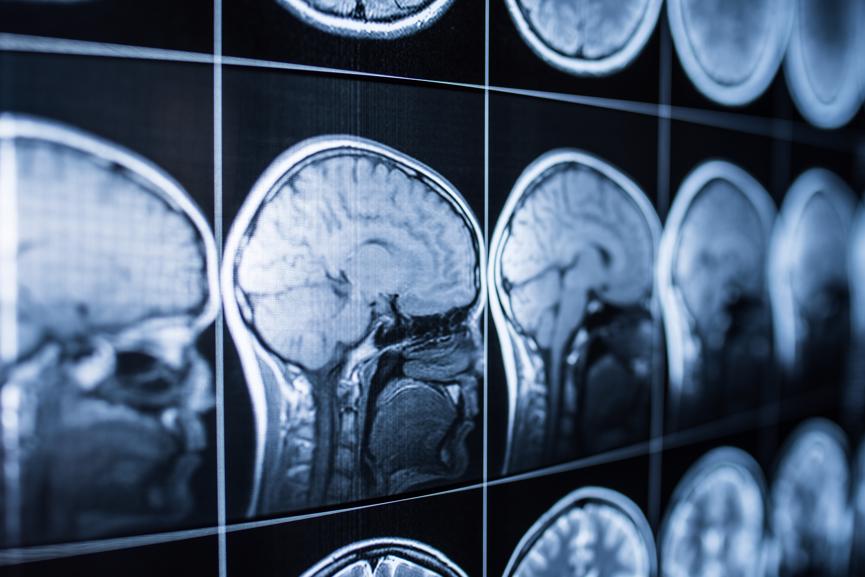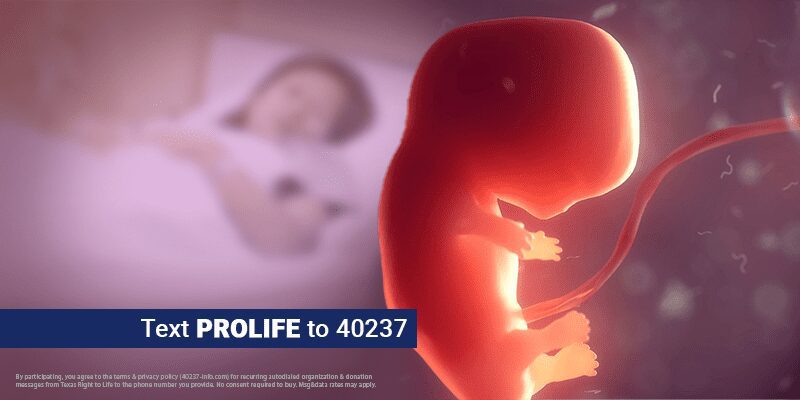By Jackson M.
Intentionally killing an innocent human being is a morally objectionable act. Simply put, this is why abortion is wrong; this is why euthanasia is wrong; this is why everyday varieties of street murder are wrong. All human beings have intrinsic and unassailable value. Such a categorical statement engenders weighty ethical implications. What does being a living human being actually entail? And how can an early human embryo, who does not have functioning organs, be a living organism while an individual with a brain death diagnosis, who may have functioning organs, be “dead?”
All embryologists have for some time recognized that animals, including humans, do not need complex organ systems to live at the earliest stages of development. There is little question that humans are, indeed, living at these earliest stages of development, and that we—fragile, minuscule, and immature—were once one of these humans. When we were one cell, dozens of cells, and hundreds of cells, our functioning and existence were simple enough to allow us to mature and flourish, even without a circulatory, respiratory, or nervous system. We developed initially without a heart, without lungs, and without a brain—though, of course, these organs and others materialize quickly in the developmental process. Even the most ideologically motivated scientists agree on this.
No such consensus has emerged from scientists studying mature animals who have suffered catastrophic brain injuries. Human beings who have progressed beyond the first few weeks of development are much more sophisticated than their younger selves. We, as mature human organisms, need complex organ systems not only to minimally function but especially to flourish as persons who thrive in rational and communal activities. Scientists contest which organ systems must function and to what degree for a human to remain alive.

The premise for the concept of “brain death” is that to live as mature organisms, we need neurological functioning, without which our other organ systems will soon collapse—which is to say, our body loses the whole-organism integration characteristic of all living things. Therefore, patients can be declared “dead” while on a ventilator and when other traditional signs of life are present. Insofar as we have a beating heart and working lungs, the ventilator ostensibly receives the credit. This is how we can conceptually distinguish brain-dead individuals (read: corpses) from human embryos.
This biological understanding of death putatively accords with Christian anthropology, an articulation of what being human entails. We live as embodied beings, a dynamic composite of body and soul. The soul animates the body, integrating the complex processes found therein. Our temporal lives truly end when our soul departs from our body. Hence, when our bodies are no longer integrated as a whole, death has transpired. And if the brain is a manifestation of the soul’s presence, then the total and irreversible loss of brain activity means the person has died.
Yet, this conceptual ground for brain death has always been shaky and has come under heightened scrutiny in recent years. Clinical observation suggests the protocols for diagnosing brain death do not align with the accepted philosophical concept of death, which is the irreversible loss of integration of the person as a whole. Whether this discrepancy is found in faulty protocols or in the concept of brain death per se is difficult to determine. “Irreversible loss of all brain function” is an unfalsifiable definition. Regaining lost brain function proves the loss was only temporary and that a brain death diagnosis was wrong, not necessarily that brain death as a concept is defective.
Nevertheless, many find that there are good reasons to believe integration is a property of the entire organism, not just the brain. If true, that means a brain-dead individual is not a corpse but a person—just as much of a person as you and me, and the embryo in her mother’s womb.
Did you enjoy this article? Donate now to spread the Pro-Life message!

